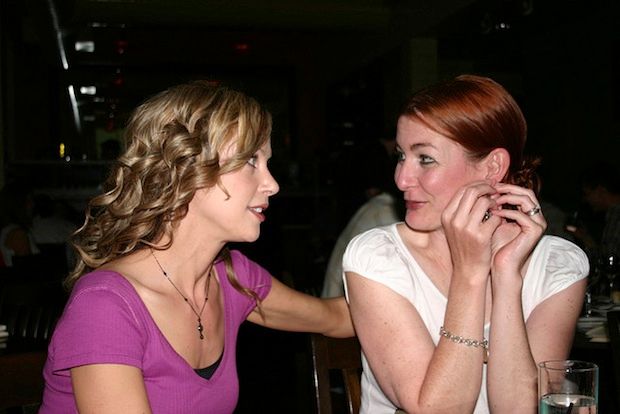Why I still don't have a Kindle.

I am not one to shy away from technology. I love it, actually. Excited for the Singularity. And yet, I still don’t have a Kindle (or any other eReader for that matter, unless you count my phone. I lost my iPad on my first day at Microsoft and haven’t replaced it yet). What I do still have, though, are books. The fragrant, tactile sensual kind. The colorful, well-worn, beloved kind. The kind you cherish and consider members of your immediate family. The kind that, like faithful dogs, greet you cheerily after a long day’s work, waving hello from their places on the shelves. The kind whose beautiful form wastes trees and consumes vast natural resources in their transport from one place to another. I should know. Mine were just packed up – boxes and boxes of them – and hauled 3,000 miles from the Chesapeake Bay back to the Puget Sound.
I have thought about buying a Kindle before. Looked longingly at a Nook. But in the end, I’ve hesitated. And while the possibility of carrying my entire library with me is enticing, is it really all that useful? Is that a product feature I really need? For me, no. I can only read one book at a time. I don’t need a billion words in my bag when a few thousand will do. And then I read this article. And I agreed with everything the author had to say. Especially this:
Reading isn’t only a matter of our brains; it’s something that we do with our bodies.
and this:
The book’s graspability, in a material as well as a spiritual sense, is what endowed it with such immense power to radically alter our lives. In taking hold of the book, according to Augustine, we are taken hold of by books.
and this:
Aristotle regarded touch as the most elementary sense. It is how we begin to make our way in the world, to map it, measure it, and make sense of it. Touch is the most self-reflexive of senses, an insight affirmed by the German researcher David Katz, who established the field of touch studies in the early 20th century based on his work with World War I amputees. Through the feeling of touch, we learn to feel ourselves. Touch is a form of redundancy, enfolding more sensory information into what we see and therefore what we read. It makes the words on the page richer in meaning and more multidimensional. It gives words a geometry.
and this:
Unlike books, we cannot feel the impressions of the digital. The touch of the page brings us into the world, while the screen keeps us out.
and this:
However much electronic books may try to look like their printed brethren, they still change how we manually interact with them and those changes matter for how we read. There are, for starters, no longer any pages to turn. There is no density to the e-book (all is battery), which is incidentally one of its greatest selling points. Open books can be measured by the sliding scale of pages past and future, like steps, just off to the side of the page. What lies after the digital page? An abyss. No matter what the page number says (and depending on which screen you’re reading it will say different things), we have no way to corroborate this evidence with our senses, no idea where we are while we read.
and this:
The more my body does, however, the less my mind does. Interactivity is a constraint, not a freedom. Swiping has the effect of making everything on the page cognitively lighter, less resistant. After all, the rhythmic swiping of the hand has been one of the most common methods of facilitating “speed-reading.” And as one study after another affirms, the more time we spend reading screens, the less time we spend reading individual units of the text. Skimming is the new normal. With my e-book, I no longer pause over the slight caress of the almost turned page—a rapture of anticipation—I just whisk away. Our hands become brooms, sweeping away the alphabetic dust before us.
Yes. This. All this. This is why I still don’t have a Kindle.